Cancer Biology
-
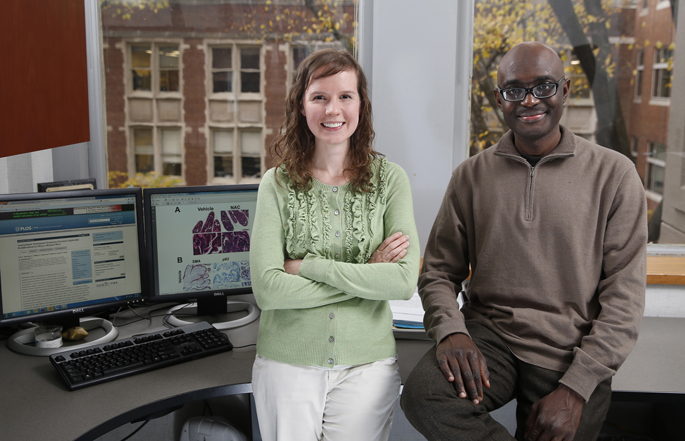
Study tracks antioxidants’ role in prostate tumor growth
Antioxidants promote cell growth in a mouse model of prostate cancer, Vanderbilt researchers report in the journal PLoS ONE. The findings provide insight into the recent controversy regarding antioxidants and prostate cancer prevention. Read MoreNov 15, 2012
-
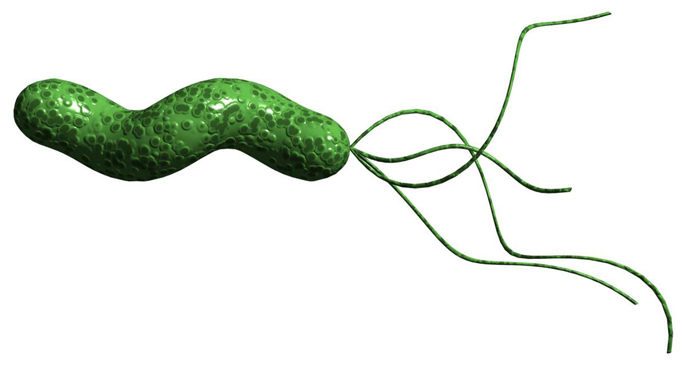
Stomach bug alters tumor suppressor
The stomach bug Helicobacter pylori increases forms of a protein that promote tumor development, perhaps explaining how it elevates risk for gastric cancer. Read MoreOct 23, 2012
-
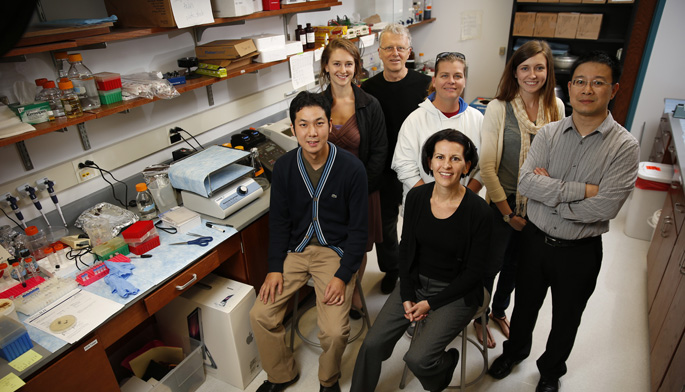
Proteins help flip tumor’s invasive switch
Vanderbilt investigators have identified how two key components of cancer's invasive "switch" — the series of signaling events that turn on a tumor cell’s invasive behavior — work together. Read MoreOct 4, 2012
-
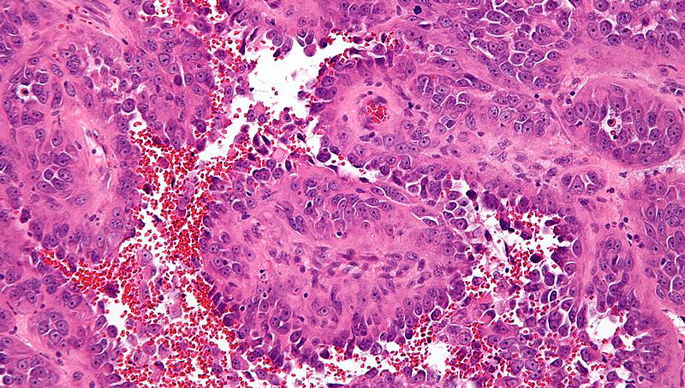
Target acquired for aggressive tumor
New therapeutic target for angiosarcoma – an aggressive, highly fatal tumor of the blood vessels – identified. Read MoreSep 27, 2012
-
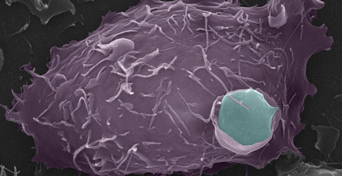
Cells with LIP eat their neighbors
A transcription factor called LIP is capable of causing one cell to consume another. Read MoreSep 13, 2012
-
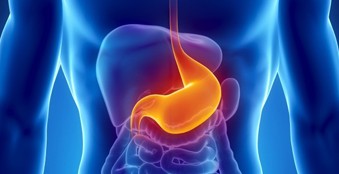
Enzyme counters stomach acid attack
Dysfunction or loss of an “antioxidant” enzyme may lead to higher risk for esophageal cancer in patients with gastric reflux disease. Read MoreSep 11, 2012
-
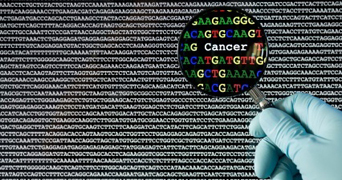
Gene linked to familial prostate cancer
A rare, inherited mutation confers an eightfold increased risk of prostate cancer, a recent study shows. Read MoreAug 23, 2012
-

Network approach yields glioblastoma clues
MicroRNA “regulatory networks” generated at Vanderbilt aid search for biomarkers and new drugs to treat glioblastoma, the most common and lethal primary brain tumor. Read MoreAug 9, 2012
-
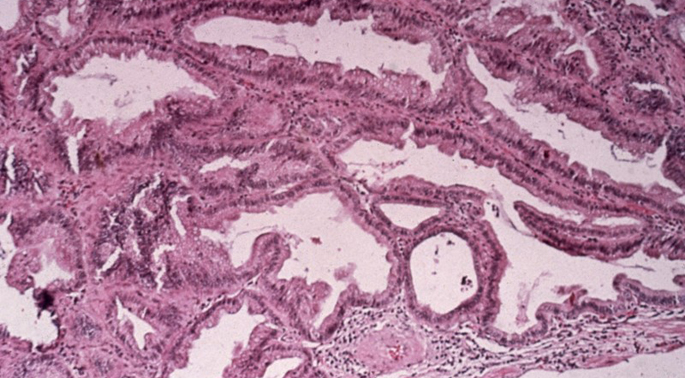
On the hunt for bladder cancer factors
A protein linked to aggressive bladder cancers could point to new strategies for treatment or prevention. Read MoreJul 26, 2012
-
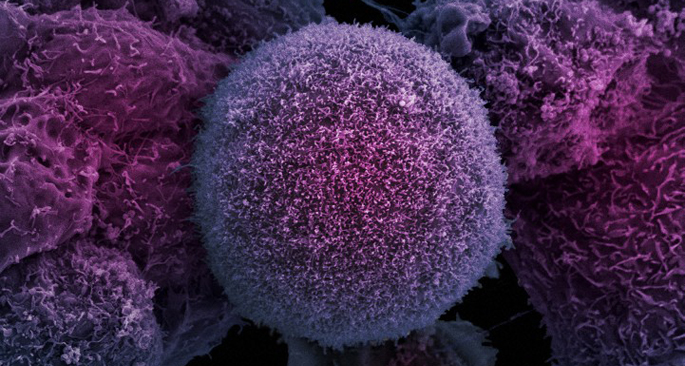
Proteins guard against cancer spread
Targeting immune system proteins may keep prostate cancer from spreading to bone. Read MoreJul 24, 2012
-
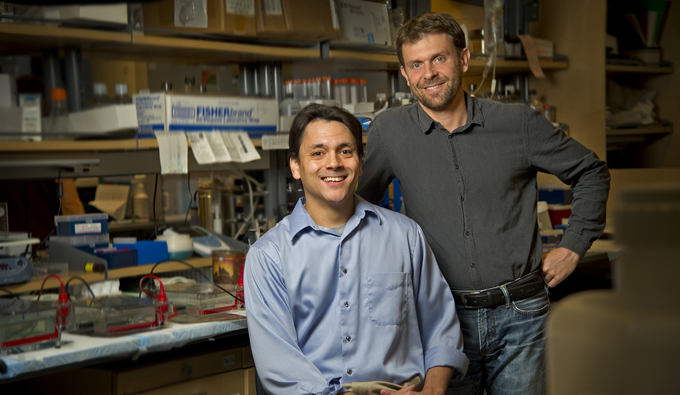
VU study finds stress fuels breast cancer metastasis to bone
Stress can promote breast cancer cell colonization of bone, Vanderbilt Center for Bone Biology investigators have discovered. Read MoreJul 18, 2012
-

New drug mutes more melanomas
An experimental melanoma drug may be beneficial for patients not eligible for targeted therapies. Read MoreApr 26, 2012
-
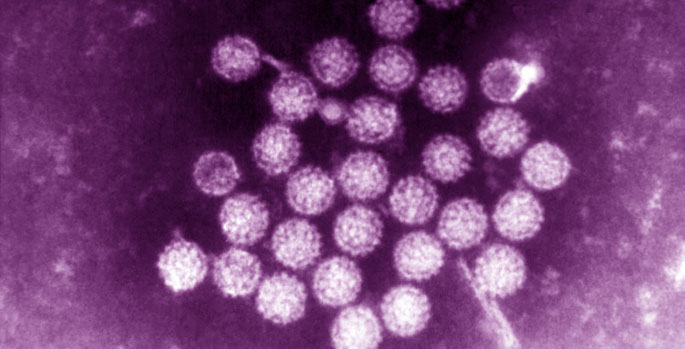
Factor sensitizes cancer to radiation
Measuring levels of an enzyme in head and neck tumors may indicate how the tumor will respond to radiation therapy. Read MoreApr 6, 2012
-

Smoking stokes cells’ cancer capacity
Cellular pathways altered by chronic exposure to cigarette smoke may reveal new biomarkers to assess smoking-induced lung cancer risk. Read MoreMar 23, 2012
-
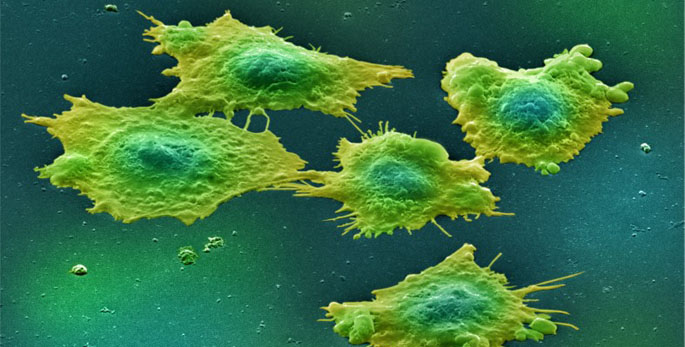
Colon cancer’s cellular crossroads
New information about signaling pathways involved in colorectal cancer could aid in assessing prognosis and identifying new therapeutic targets for the disease. Read MoreMar 16, 2012
-

Investigators seek clues to resistance to melanoma drug
Investigators at Vanderbilt-Ingram Cancer Center and several other centers may be one step closer to finding out why some melanoma patients relapse after treatment with a promising new drug. Read MoreJan 26, 2012
-
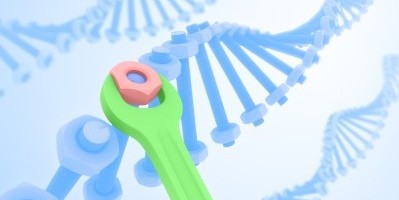
Protein repairs esophageal DNA damage
A protein involved in repairing DNA damage associated with gastric reflux may play a tumor suppressor role in the esophagus and could represent a target for therapies to combat esophageal cancer. Read MoreJan 25, 2012
-

Virus-linked cancer gets help from host
Host cell protein may be a target for strategies to limit spread of virus-induced squamous cell cancers. Read MoreDec 15, 2011
-

Pathway to colon cancer progression
Molecular players involved in colon cancer progression could provide new biomarkers to indicate invasiveness and prognosis. Read MoreDec 1, 2011
-

Protein loss sets up pro-tumor state
Loss of the protein p120 in the intestinal lining sets the stage for tumor formation. Read MoreJul 19, 2011